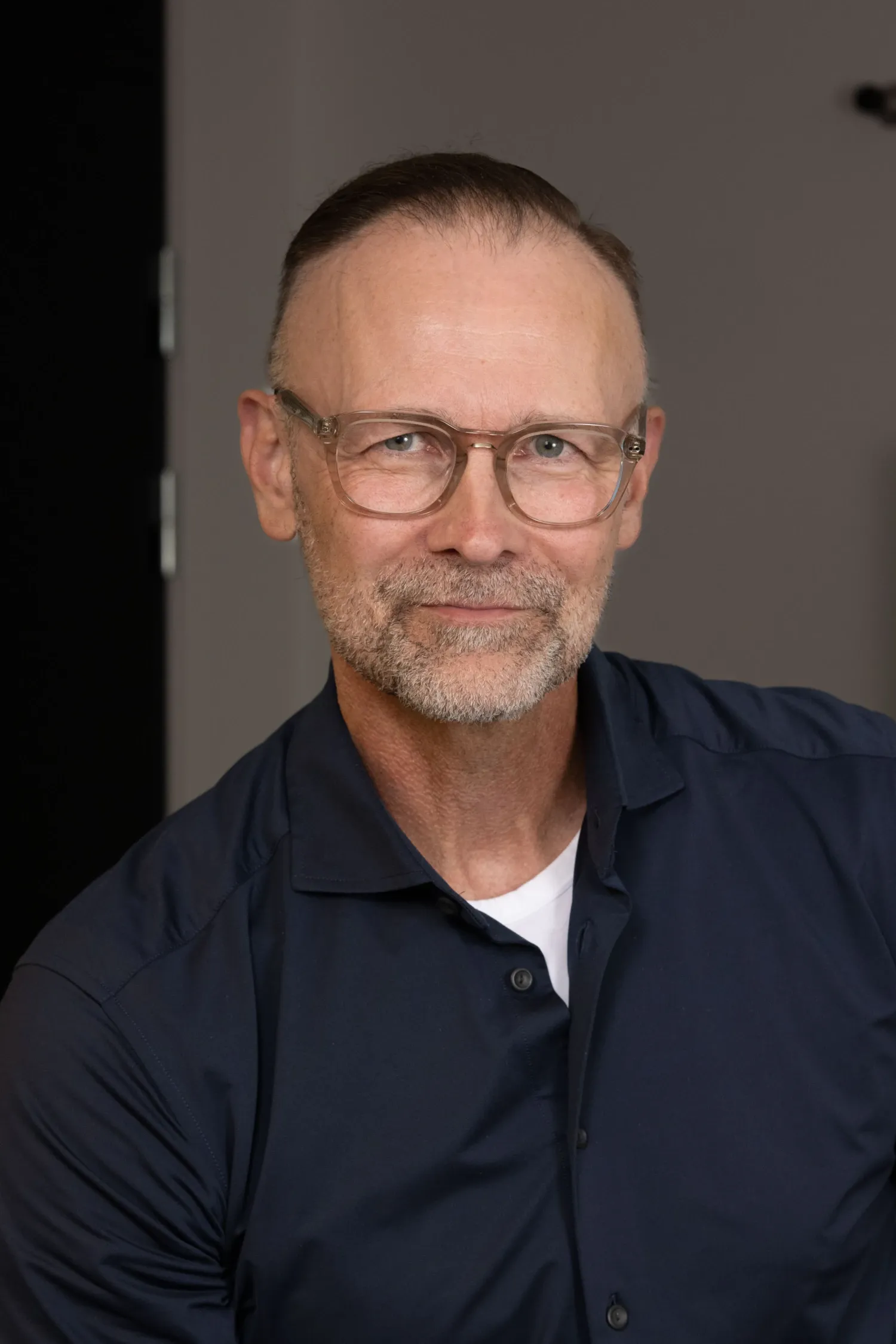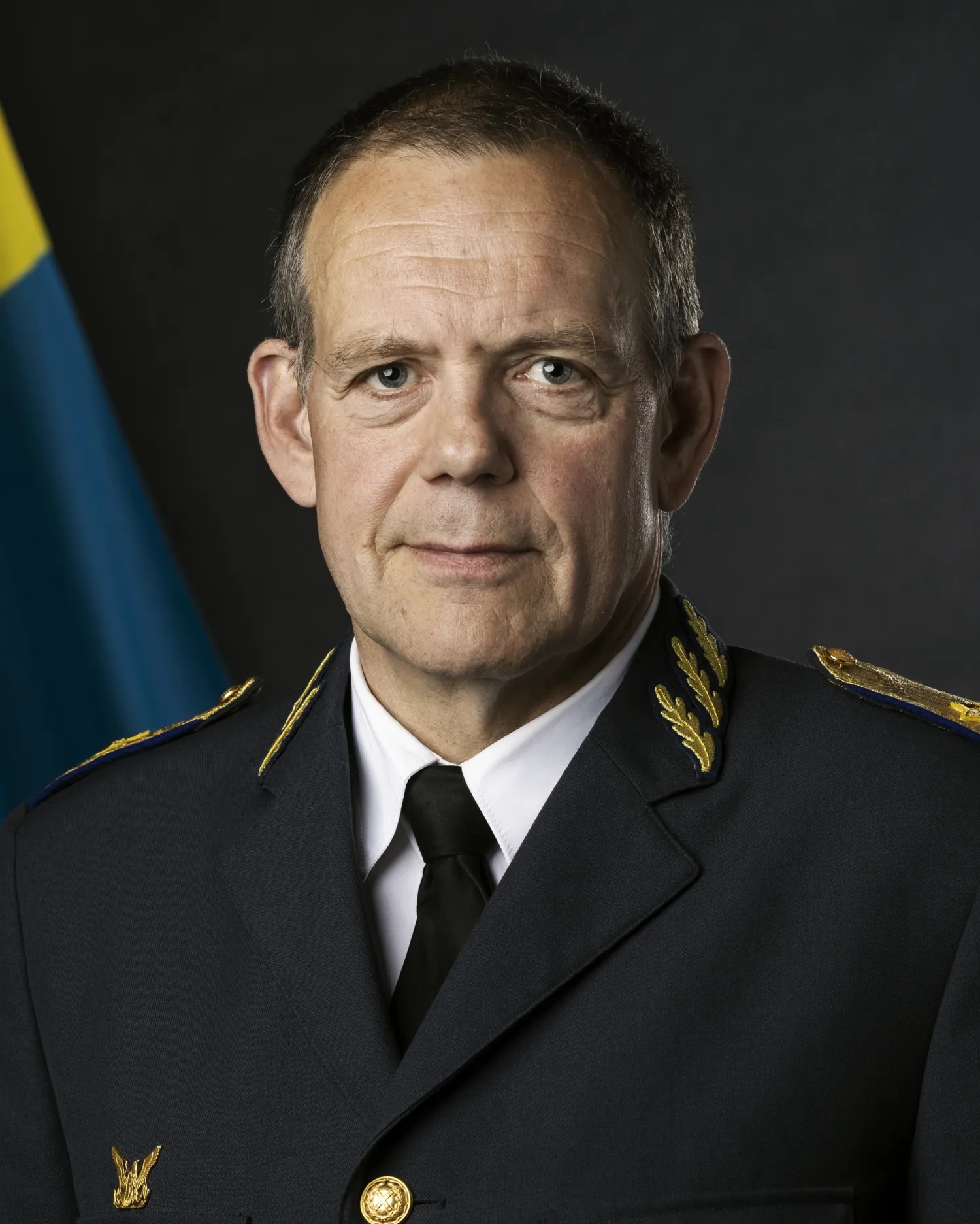Environmental physiology becomes part of KI

The research field of environmental physiology is returning to Karolinska Institutet after having belonged for many years to the Royal Institute of Technology. The move marks the start of an extended partnership between the Swedish Armed Forces and KI.

“We welcome the relocation and are very happy to have access to the researchers’ skills and to be able to offer them a context of knowledge transfer and training with other researchers at KI,” says Martin Bergö, vice president of Karolinska Institutet.
The medical field of environmental physiology concerns how changes in the environment, such as gravitation, air pressure and temperature, affect the human body. For example, researchers might investigate better tank gases for diving, how fighter pilots react to the stresses of high G forces or how astronauts’ skeletomusculature is affected by prolonged weightlessness.
Researchers already at KI
The research field, which was once part of KI, belongs to the Royal Institute of Technology (KTH). The researchers active in the field are, however, already established in a building at Berzelius väg 13 on KI Campus Solna.
The move on 1 September was, in other words, merely administrative, but it does mean a change of employer for the dozen or so researchers who now work at the Department of Physiology and Pharmacology (FyFa).
The activities of KTH’s Division of Environmental Physiology largely focus on medial and physiological problems important to defence-related medicine.
Amongst other things, the research group provides expert support for the Swedish Armed Forces on issues of physical load or the risk of injury. The research is therefore mainly financed through grants from them.

“It is a positive step for the research group to be integrated into the KI context, where there is a knowledge environment that suits the needs of the Armed Forces,” says Brigadier General Claes Ivgren, surgeon general of the Armed Forces.
Extended partnership
Rather than conducting any research of its own, the Swedish Armed Forces gives grants to fields that can generate the kind of knowledge that cannot be expected from pre-existing civilian research.
“Give the global state of affairs, it is more urgent that we get answers to some of our questions, which increases the need for research,” says Colonel Ivgren. “The Armed Forces will therefore be investing time, energy and money on an extended partnership with KI.”
According to Martin Bergö, the aim is to strengthen defence-related medical research at Karolinska Institutet by extending the university’s collaboration with the Swedish Armed Forces.
“Knowledge in areas such as traumatology and disaster medicine is needed in the event of both civilian and military crises, and this is where Karolinska Institutet has a vital role to play,” he says. “We hope that such a combined effort in defence-related medicine will galvanise interest in the research field, especially amongst KI’s students.”
